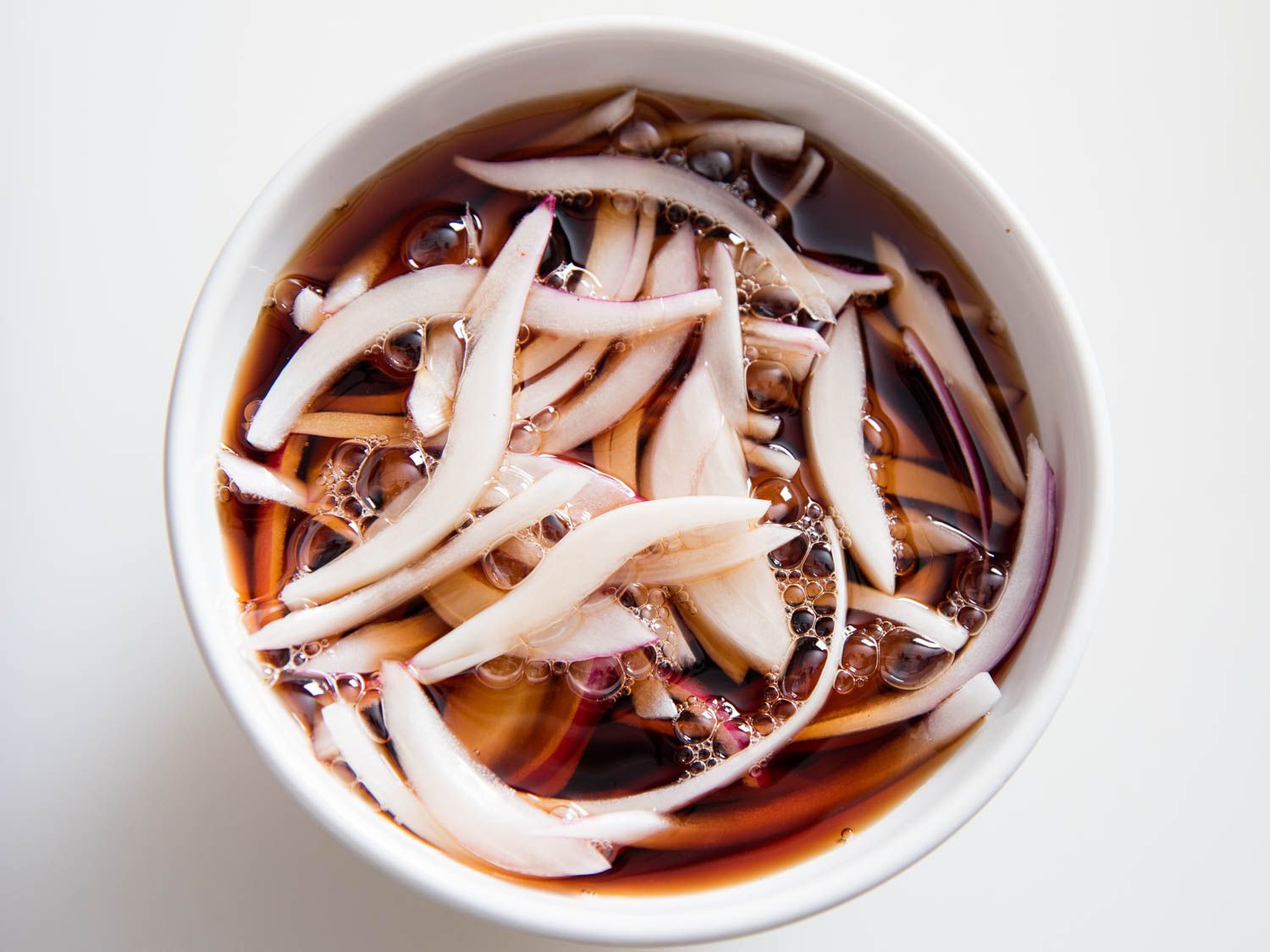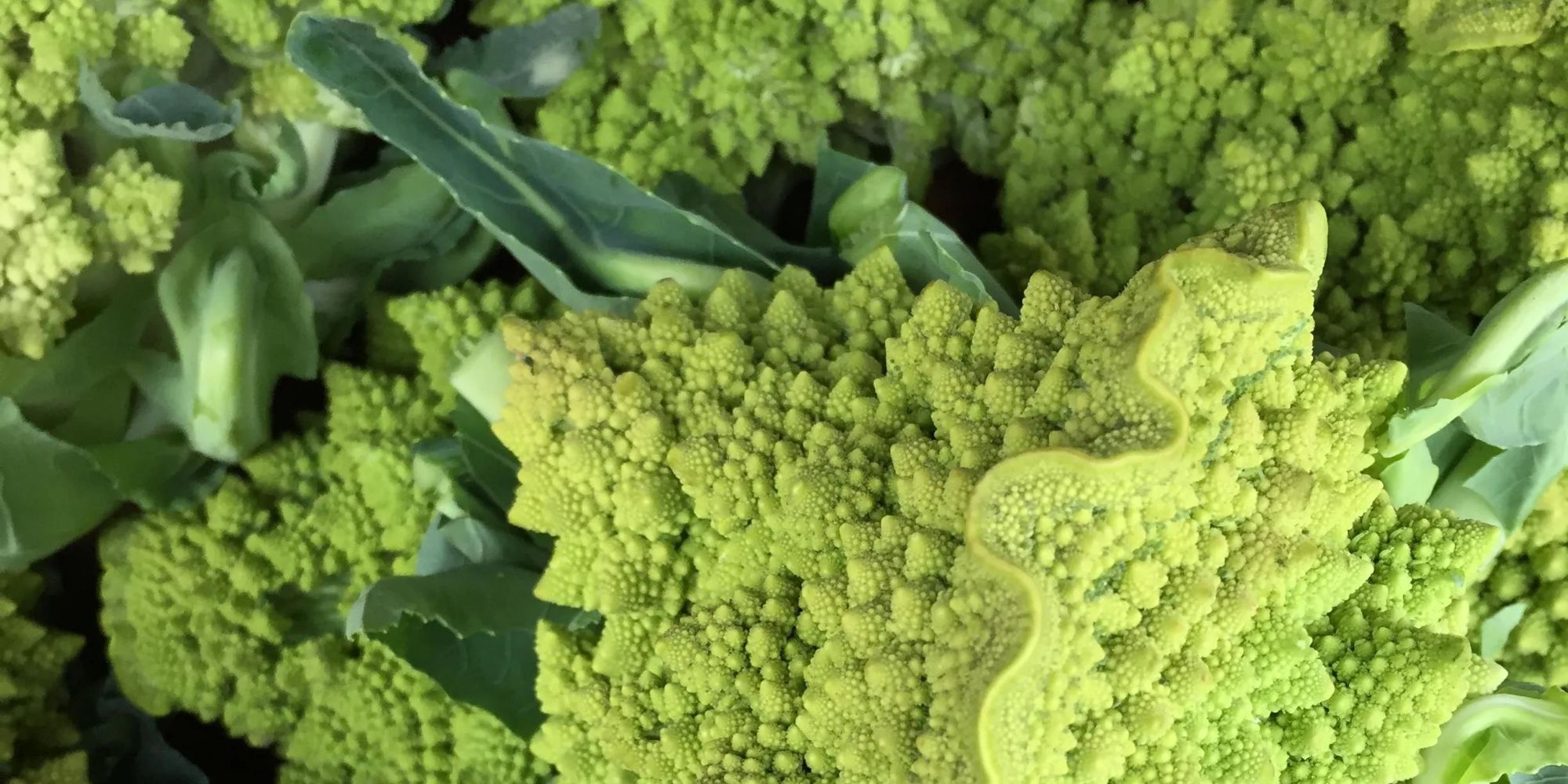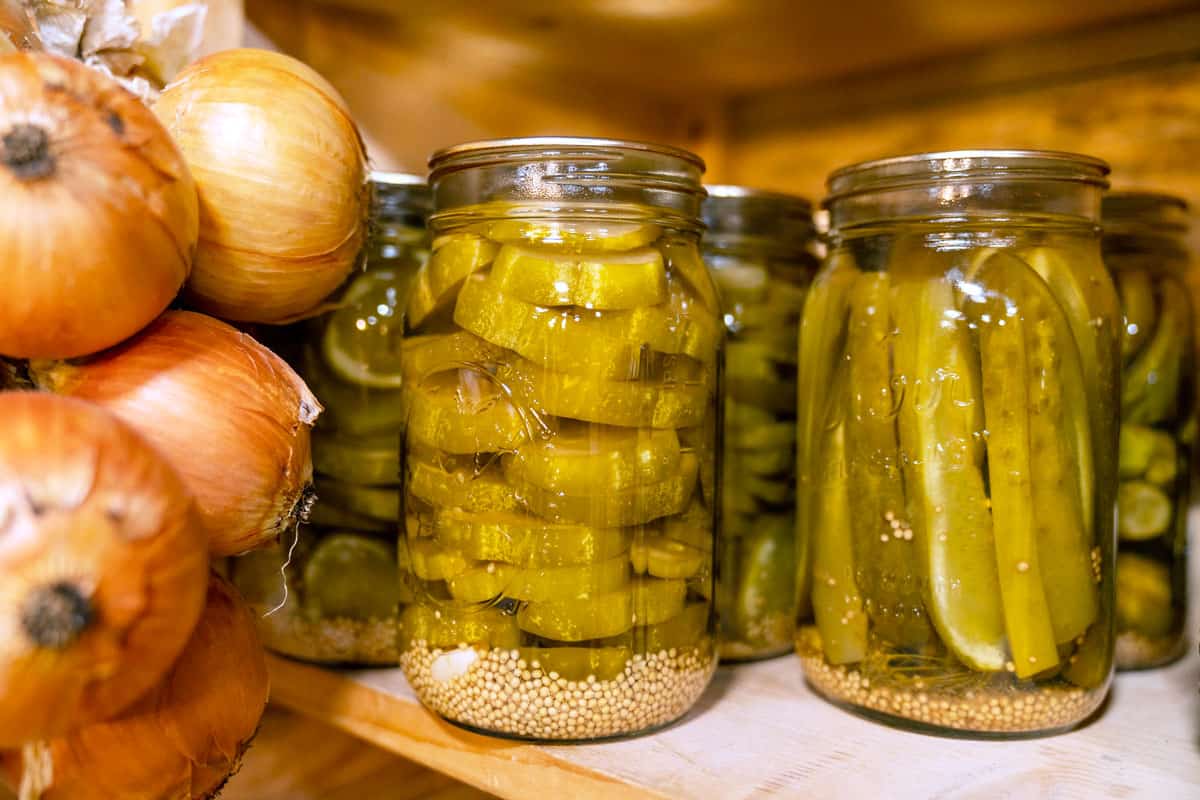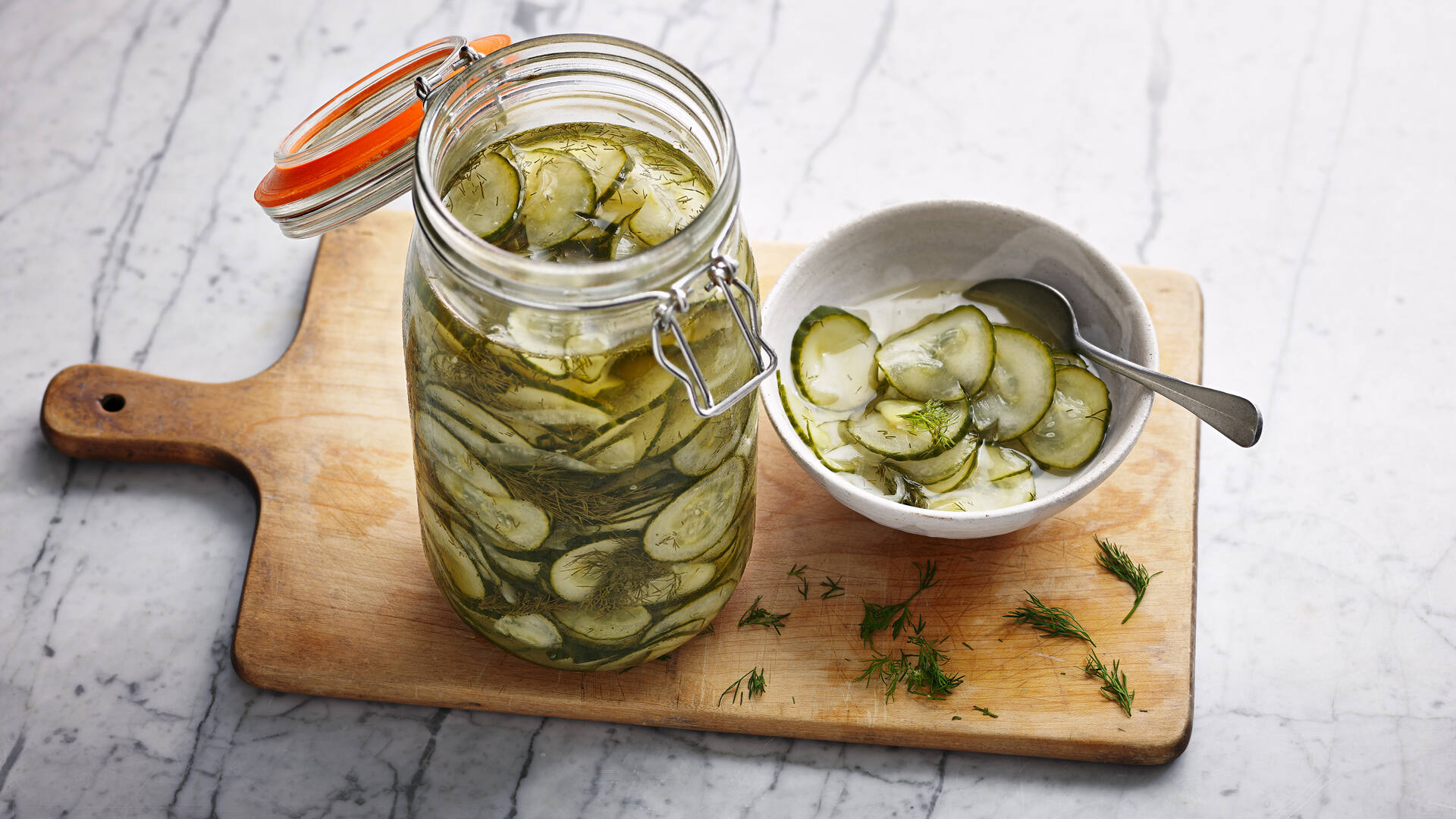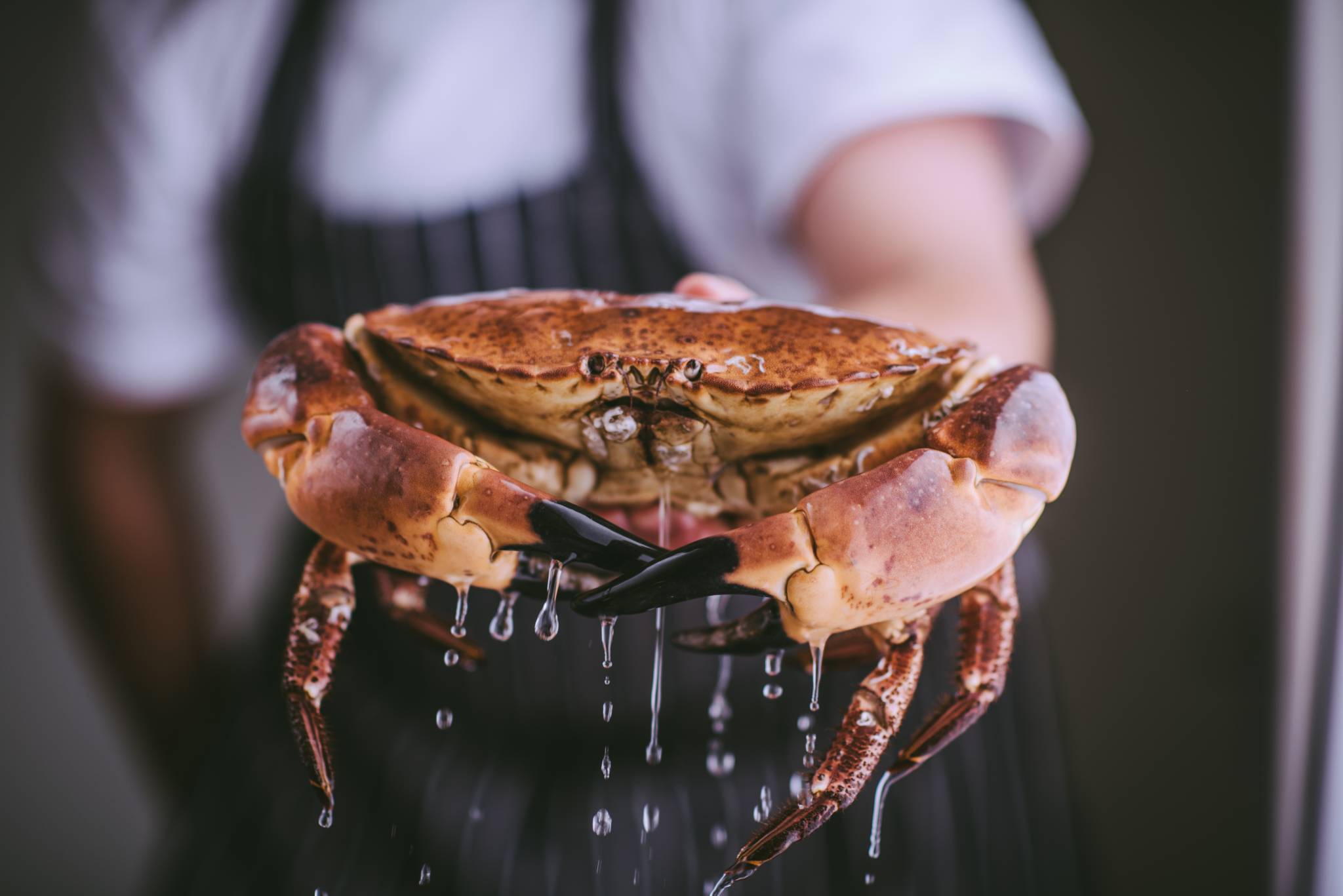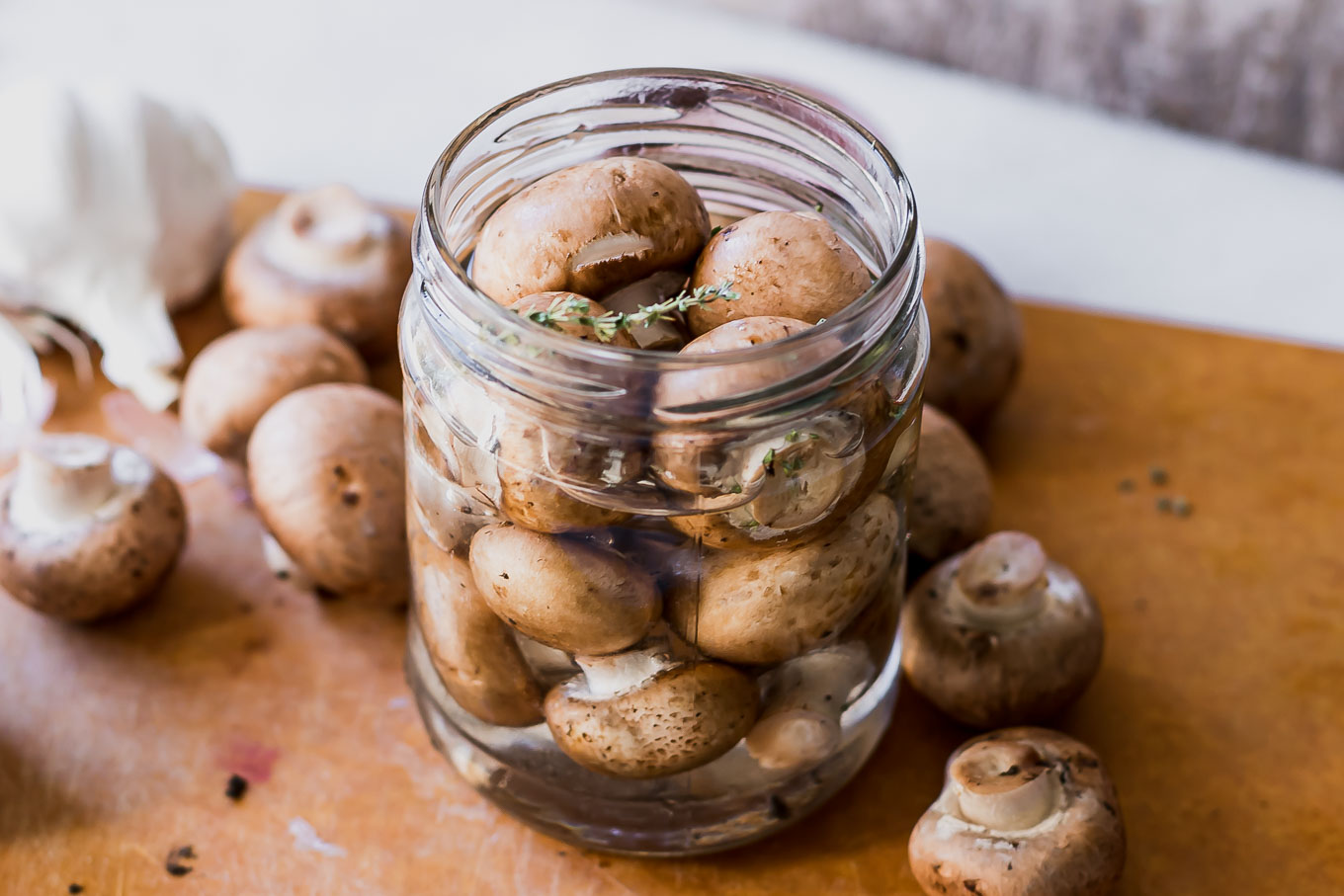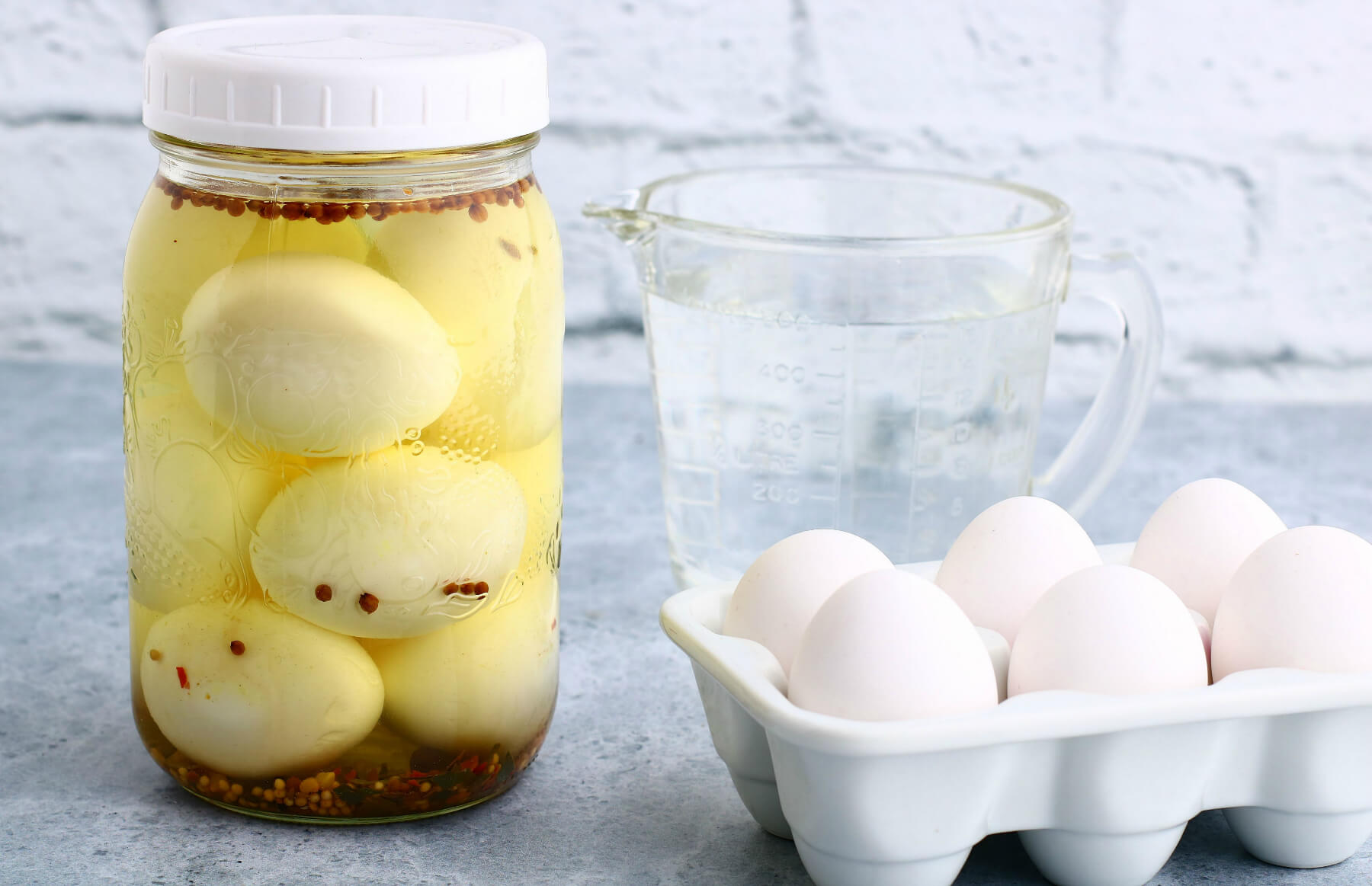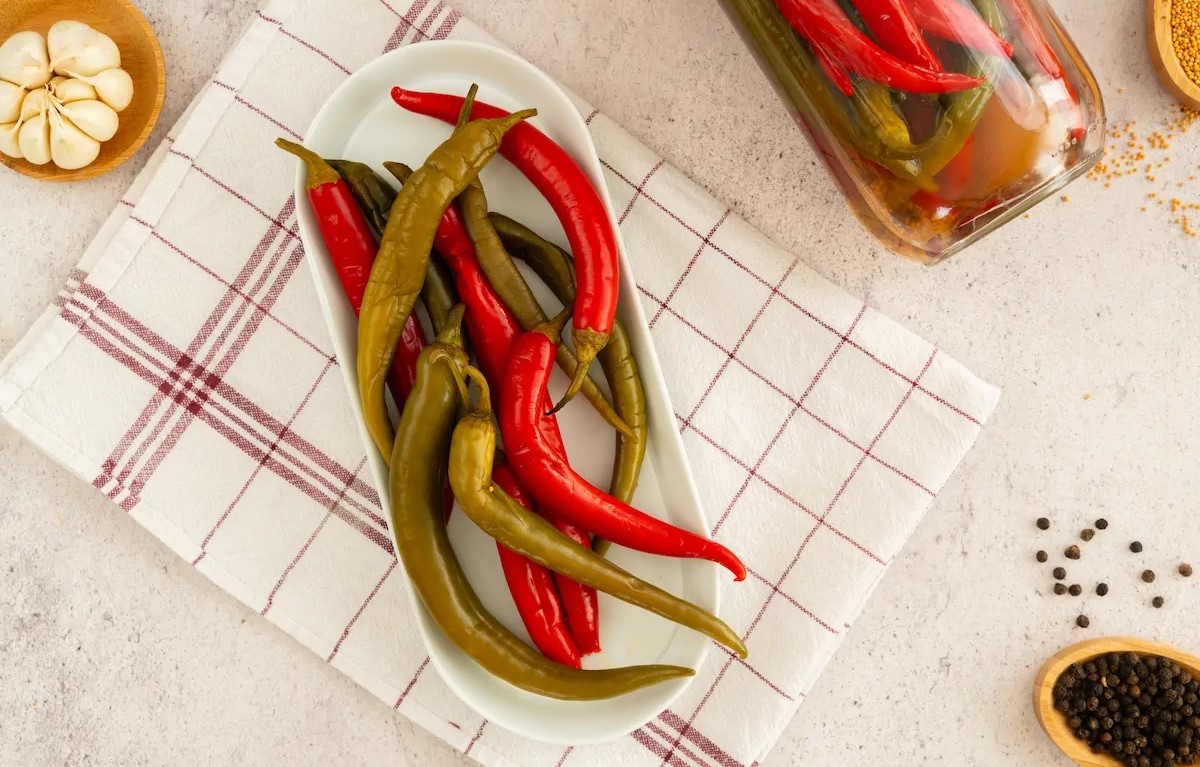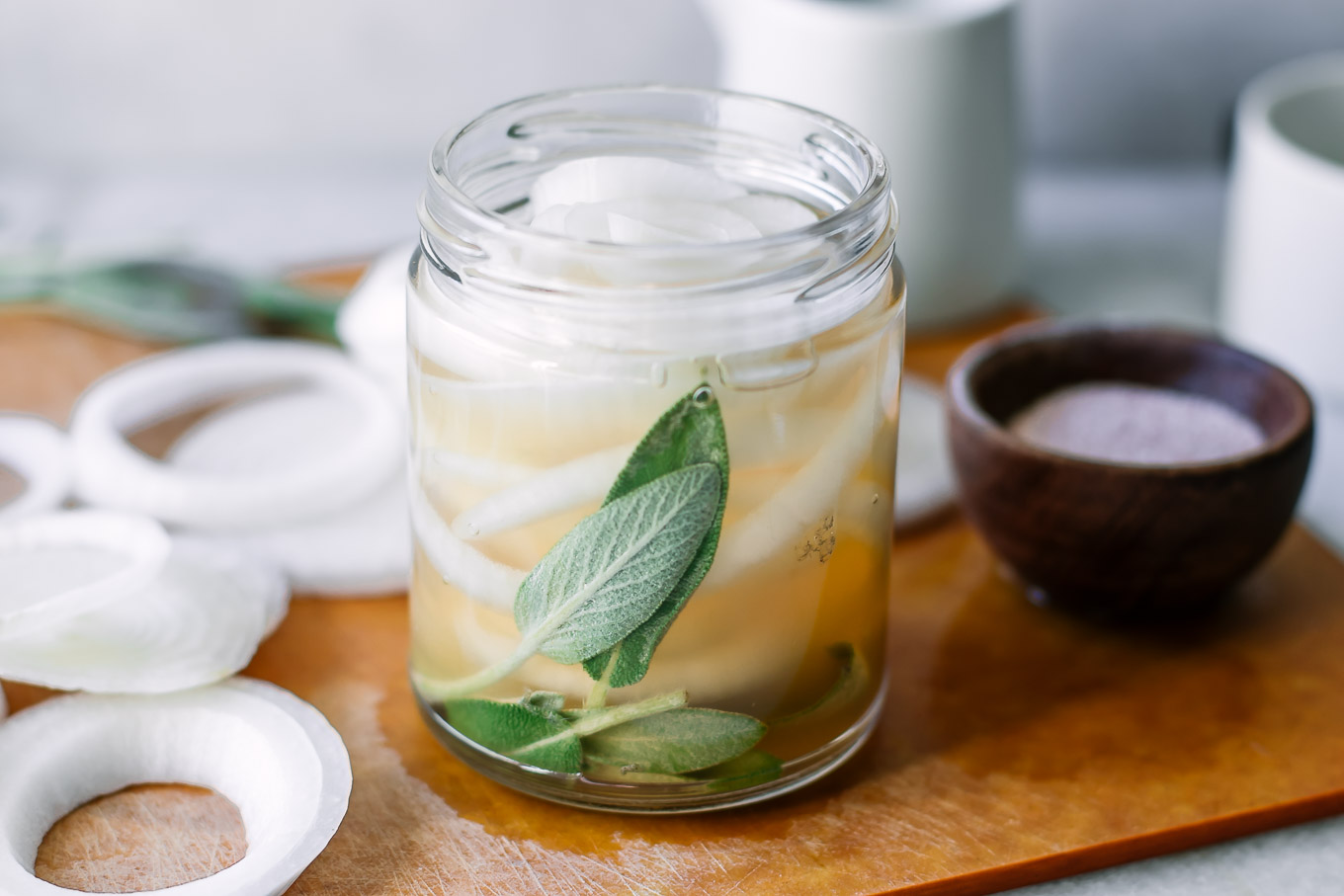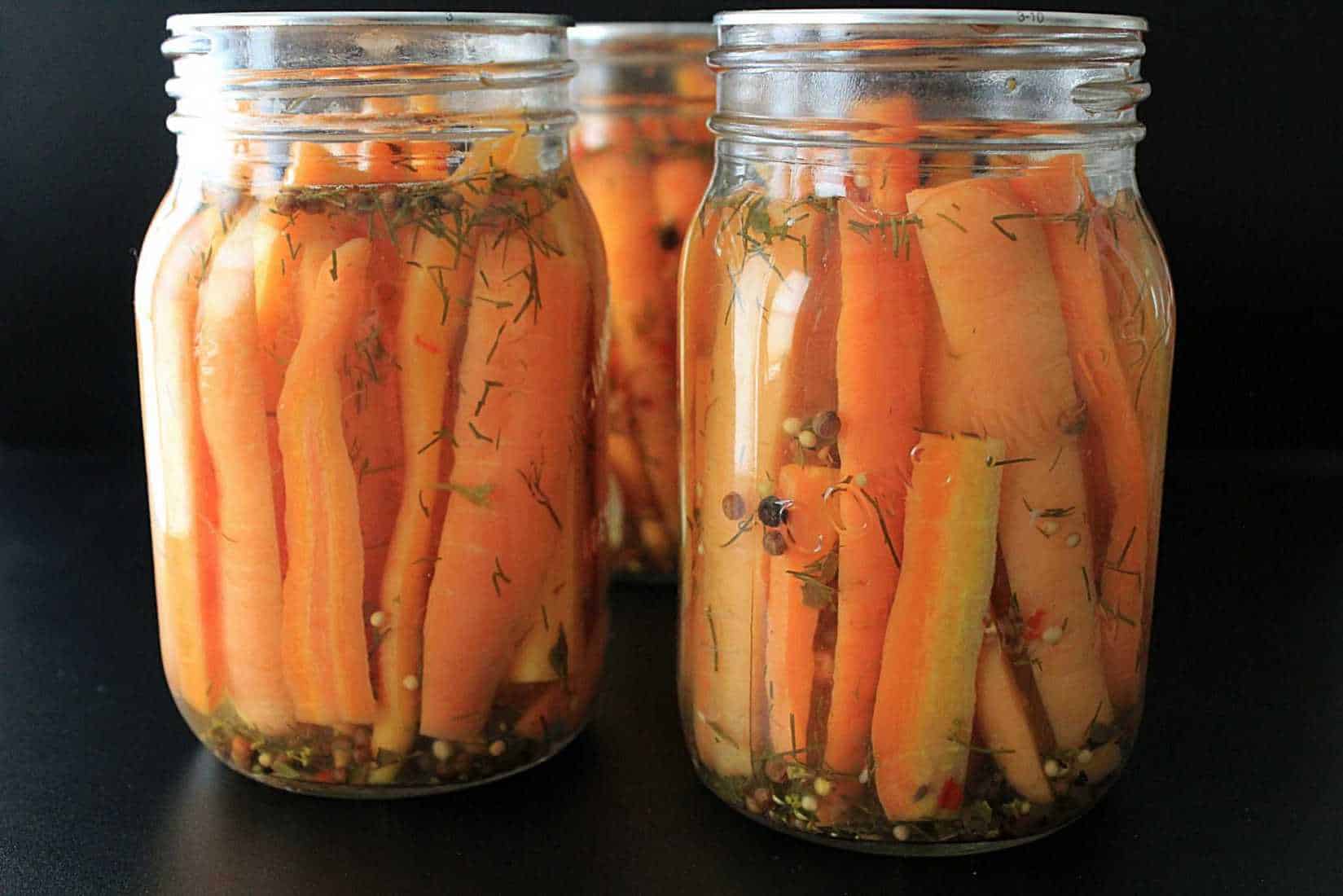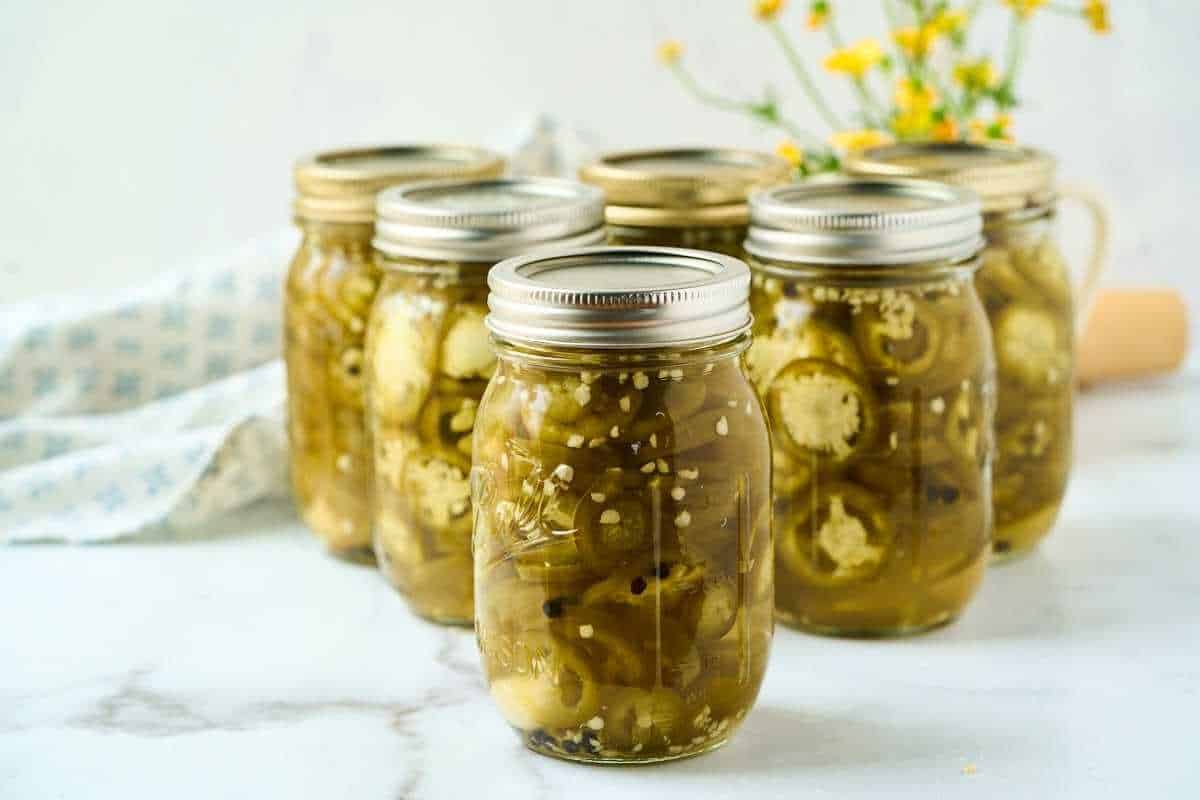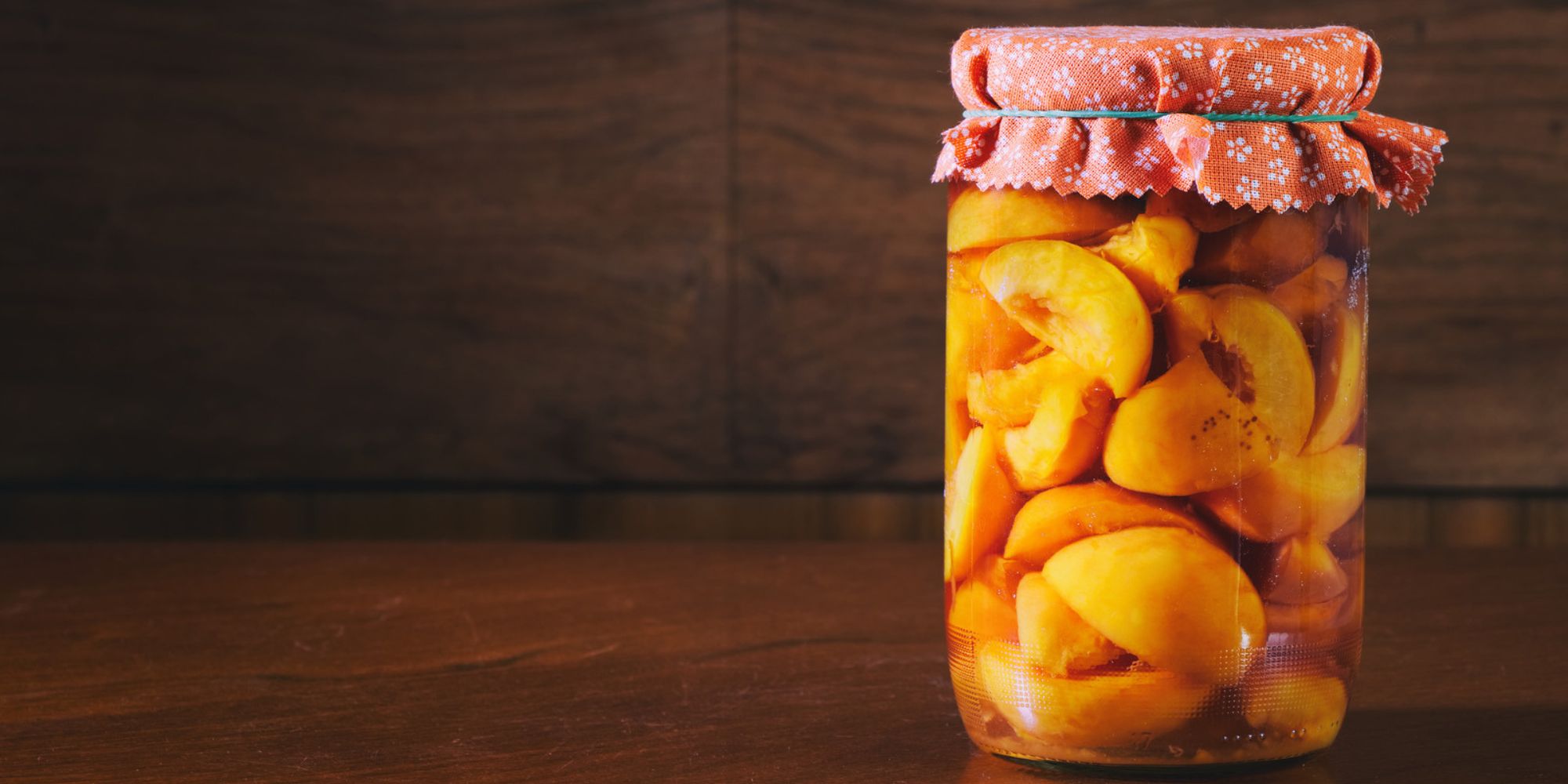Get Creative in the Kitchen: Pickling Your Own Banana Peppers
Are you a fan of tangy and spicy flavors? Do you love adding a kick to your meals? If so, you’ll be delighted to learn how to pickle your own banana peppers. Pickling banana peppers is a fantastic way to preserve their fresh flavors and enjoy them for months to come. Plus, it’s a fun and rewarding kitchen project that anyone can do!
Why Pickle Banana Peppers?
Before we dive into the pickling process, let’s talk about why you should consider pickling banana peppers in the first place. Here are some great reasons to give it a try:
- Extended Shelf Life: Pickling your banana peppers allows you to enjoy them long after the harvesting season has ended. You can savor the flavors of summer well into the colder months.
- Customized Flavors: When you pickle your own banana peppers, you have full control over the flavors. You can adjust the level of spiciness and experiment with different herbs and spices to create a unique taste that suits your preferences.
- Versatile Ingredient: Pickled banana peppers can be used in various dishes, from sandwiches and salads to pizzas and pasta. They add a zesty punch to any meal.
What You’ll Need
Before you get started, gather the following items:
- Fresh banana peppers
- Vinegar (white or apple cider)
- Water
- Salt
- Sugar
- Jars for canning
- Garlic cloves (optional)
- Whole peppercorns (optional)
The Pickling Process
Now, let’s walk through the step-by-step process of pickling banana peppers:
- Prepare the Peppers: Wash the banana peppers thoroughly and slice them into rings or spears, depending on your preference. Remove the seeds if you prefer a milder flavor.
- Prepare the Brine: In a saucepan, combine equal parts vinegar and water. Add salt and sugar to the mixture, adjusting the amounts to achieve the desired level of sweetness and tanginess. Bring the brine to a simmer, stirring until the salt and sugar are fully dissolved.
- Fill the Jars: Pack the prepared banana pepper slices into clean, sterilized jars. If desired, add a few garlic cloves and whole peppercorns to enhance the flavor.
- Add the Brine: Carefully pour the hot brine over the peppers in the jars, ensuring that the peppers are fully submerged. Leave a small amount of headspace at the top of the jars.
- Seal the Jars: Wipe the jar rims clean and seal them with lids and bands. Make sure the lids are tightly closed to create a proper seal.
- Store and Wait: Allow the jars to cool to room temperature before transferring them to the refrigerator. Let the flavors develop for at least a week before enjoying the pickled banana peppers.
Get Creative with Flavors
Once you’ve mastered the basic pickling process, feel free to get creative with the flavors. Consider adding herbs such as dill, oregano, or thyme to the brine for an extra layer of complexity. You can also experiment with different types of vinegar to achieve unique taste profiles.
Enjoy Your Homemade Pickled Banana Peppers
Now that you’ve pickled your own banana peppers, it’s time to savor the fruits of your labor. Use your pickled peppers to elevate your favorite dishes, share them with friends and family, or simply enjoy them straight out of the jar. Get ready to add a burst of flavor to every meal!
With these simple steps, you can become a pickling pro and enjoy the delicious tang of homemade pickled banana peppers all year round. So, roll up your sleeves, gather your ingredients, and get ready to impress your taste buds with your very own pickled creations!
Was this page helpful?
Read Next: How To Pickle Black Peppercorns
krschoolindia
Kasturiram International School (KRIS) is a Good schools in delhi to get all-around intellectual support for your child’s overall development.

